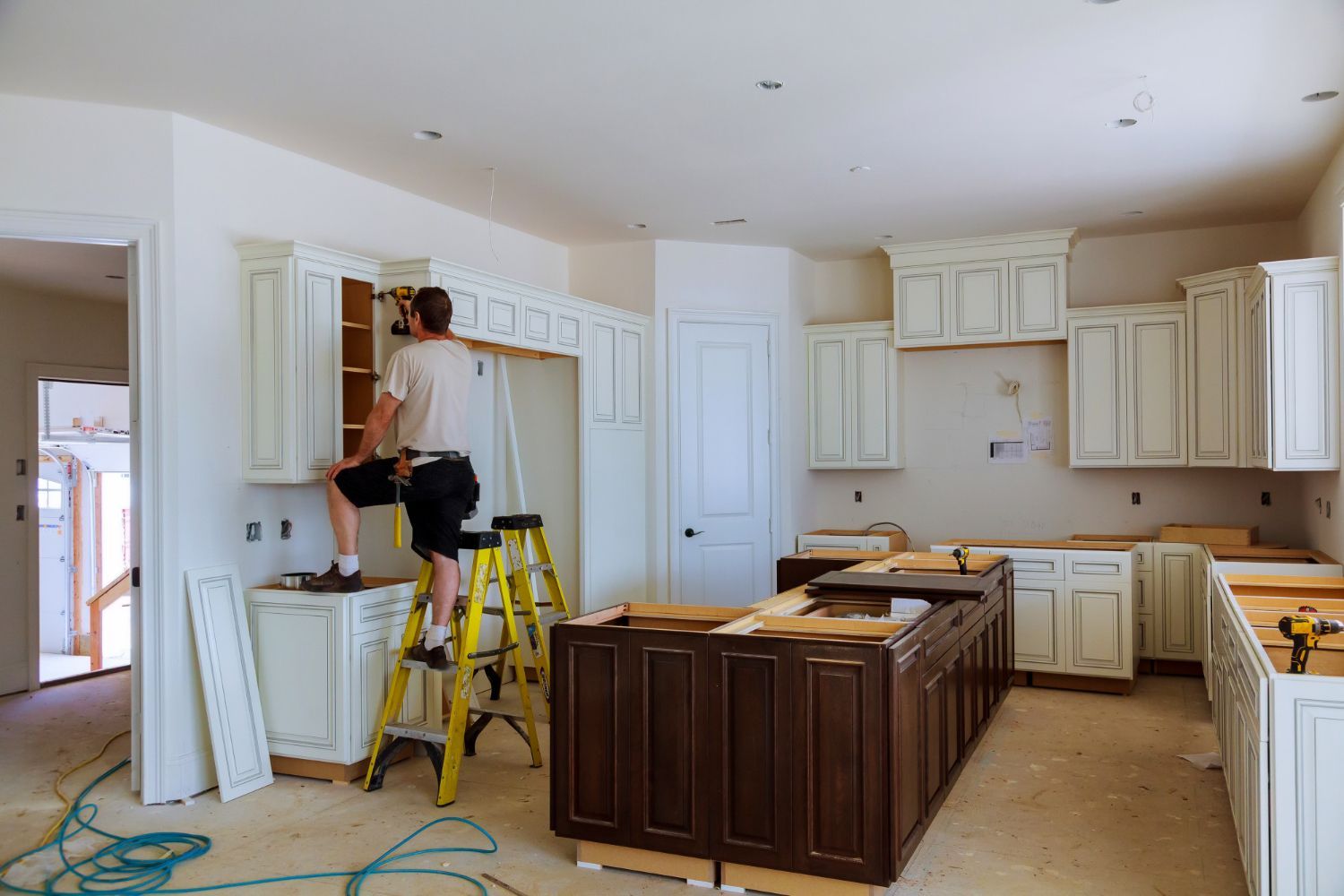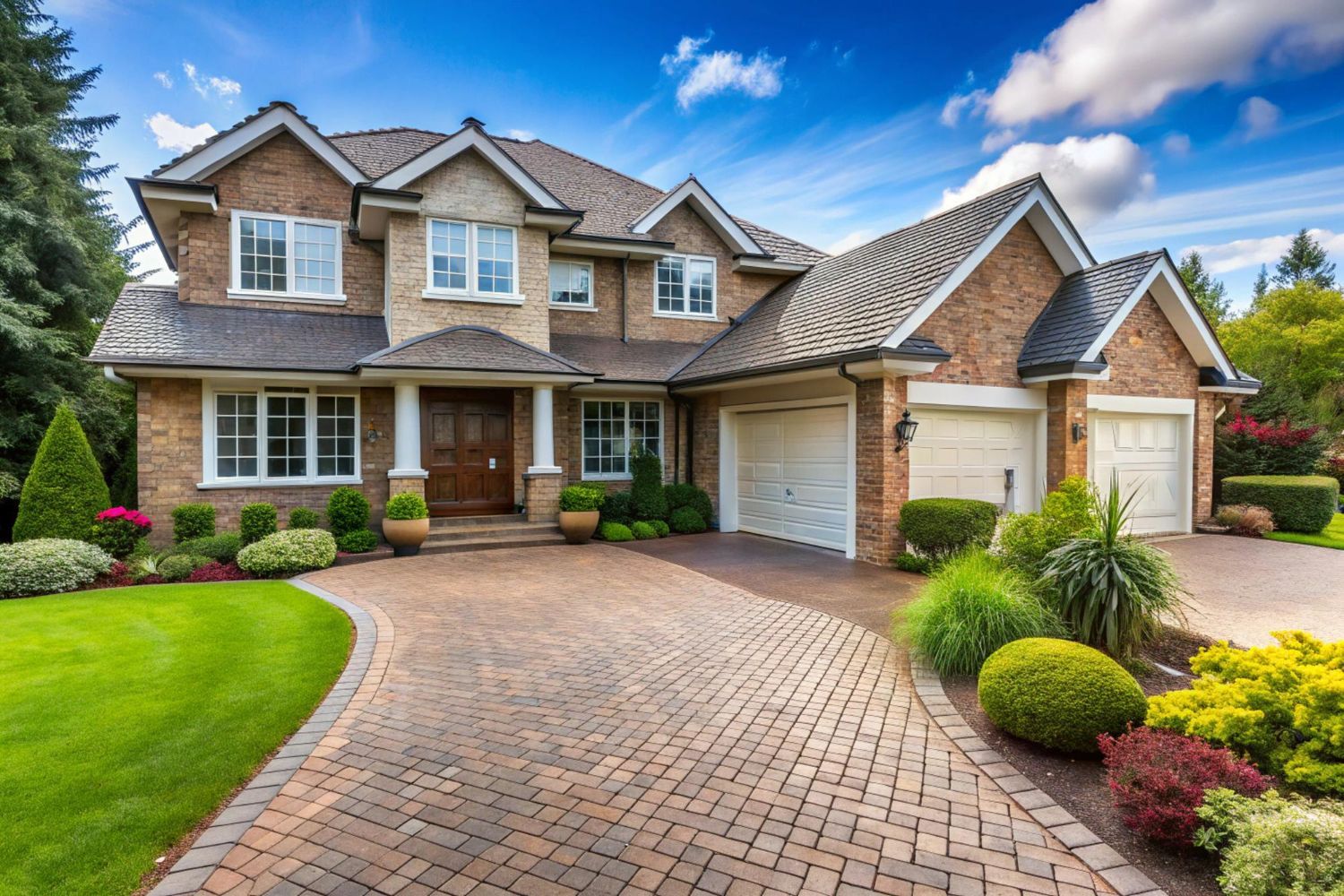LEAVE IT OR LIST IT?
First homes, like first loves, are important milestones in our lives representing more than just bricks and mortar. And like our first loves, most of us eventually move on from our first home. Needs change, families grow and we find ourselves looking for a new property.
This is often a time that property owners turn their thoughts to investing, looking to own an investment property as well as a home to live in. The simple solution would seem to be to hang on to your first home and keep it as an investment property, right?
Wrong!
In most cases, keeping your first home as an investment property isn’t advisable, especially if there is substantial equity in the home.
There are, of course, exceptions to the rules. As your personal financial specialist we can look at your unique situation and help you make the most financially sound decision for you.
A few points to consider…
CAPITAL GAINS TAX AND THE SIX YEAR RULE
When you sell a home that has been used only as a principal place of residence, it does not attract capital gains tax (CGT). Conversely, a home that has been rented out will attract CGT. However, under the six-year rule, a property can continue to be exempt from CGT if it is sold within six years of firstly being rented out AND you
DO NOT own another principal place of residence. We can recommend specialists who are best placed to advise you on CGT implications and obligations.
Capital growth potential
Understand the future value of your first home before making any decisions. Look into comparable sales in your area, and research planned developments and infrastructures that may impact its future value.
Again, advice from our financial and real estate experts will help you weigh up potential capital growth against potential capital gains tax and other considerations.
Rentability
Our first home is often purchased using a criteria that is different from the one we would apply to an investment property.
When moving on from that home, consider if it will be easy to rent long term.
Just because you have loved the home, it doesn’t mean renters will. Speak to local property managers and investigate supply and demand in your area.
It is worth remembering that rent is considered as income, and if your rent is more than the loan and property costs, you will pay the marginal tax rate on the income plus your PAYG income.
Renovations
Whether renovations (improvements) are required to bring the home up to a rentable standard is an important factor to consider, and one that may tip the scales on your decision. Landlords are required to ensure the property complies with safety standards and meets the requirements of a rental property. These standards and requirements may have changed since your home was purchased and could represent a significant financial outlay.
It is worth keeping in mind that only certain improvements will be deductible in line with a depreciation schedule.
Also note – If renovations or improvements are completed before the property is rented, the costs will not be tax deductible, as they will be considered as home improvements before renting. If the renovations are done after it’s rented, then the renovations are considered improvements on the property and may be tax deductible, but only for the time it is being rented. Your accountant is best placed to advise you here.
Home loan considerations
The decision of whether you keep or sell your first home is largely dependent on your ability to service the mortgages required. How much you are able to borrow (for one or both properties) will be dependent on:
- how much equity you have in your first home
- the total amount you need to borrow, and
- your ability to service both loans.
Lenders have different criteria with investment finance and will generally only consider 70-80% of the rental income.
Using your equity to buy
The greater the equity in your current home, the more you can borrow to buy another home. In addition, when buying your second home, it is possible to use the available equity in your current property as your deposit.
Depending on the increase in value since you purchased your home, you may have more equity than you imagined. This can be used instead of a cash deposit when buying your second home. However, if you use the equity from your existing home, it will need to be identified separately because the original loan will now be considered as investment, most likely be financed as an interest only loan and will be tax deductible.
Disclaimer: This article provides general information only and has been prepared without taking into account your objectives, financial situation or needs. We recommend that you consider whether it is appropriate for your circumstances and your full financial situation will need to be reviewed prior to acceptance of any offer or product. It does not constitute legal, tax or financial advice and you should always seek professional advice in relation to your individual circumstances. Subject to lenders terms and conditions, fees and charges and eligibility criteria apply. © 2018



